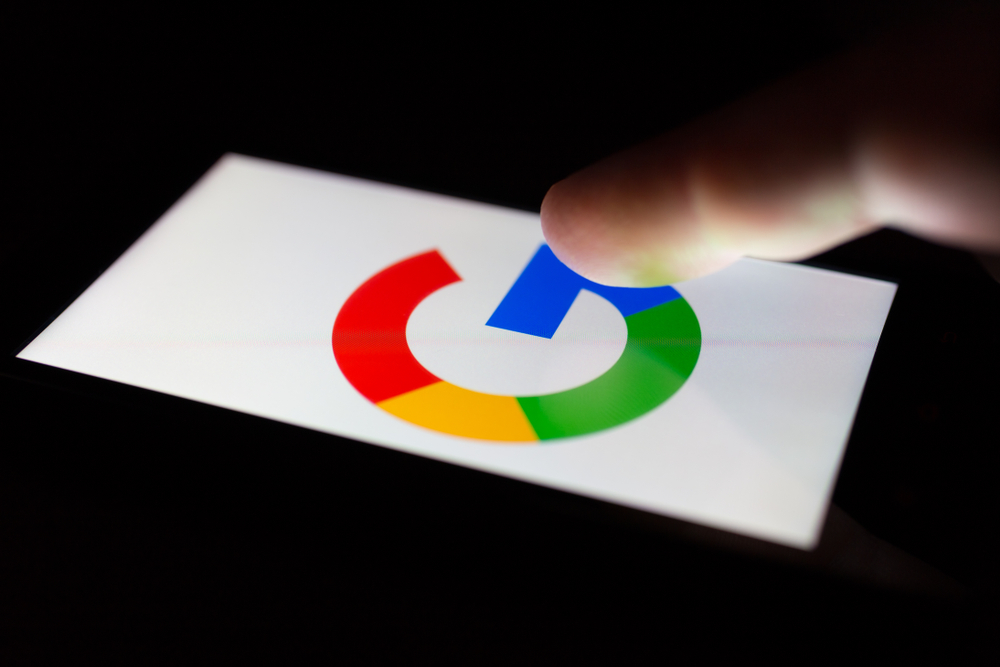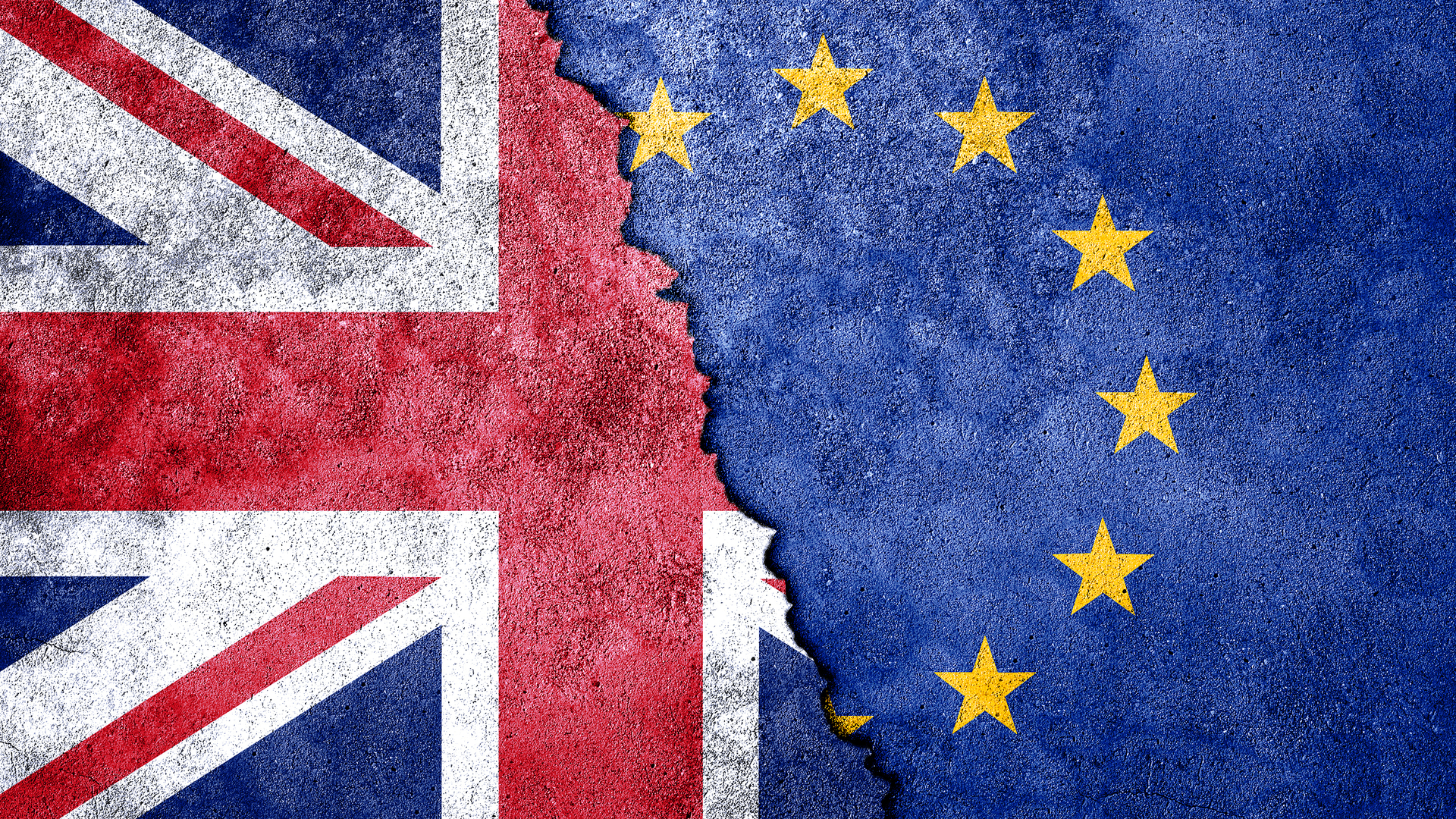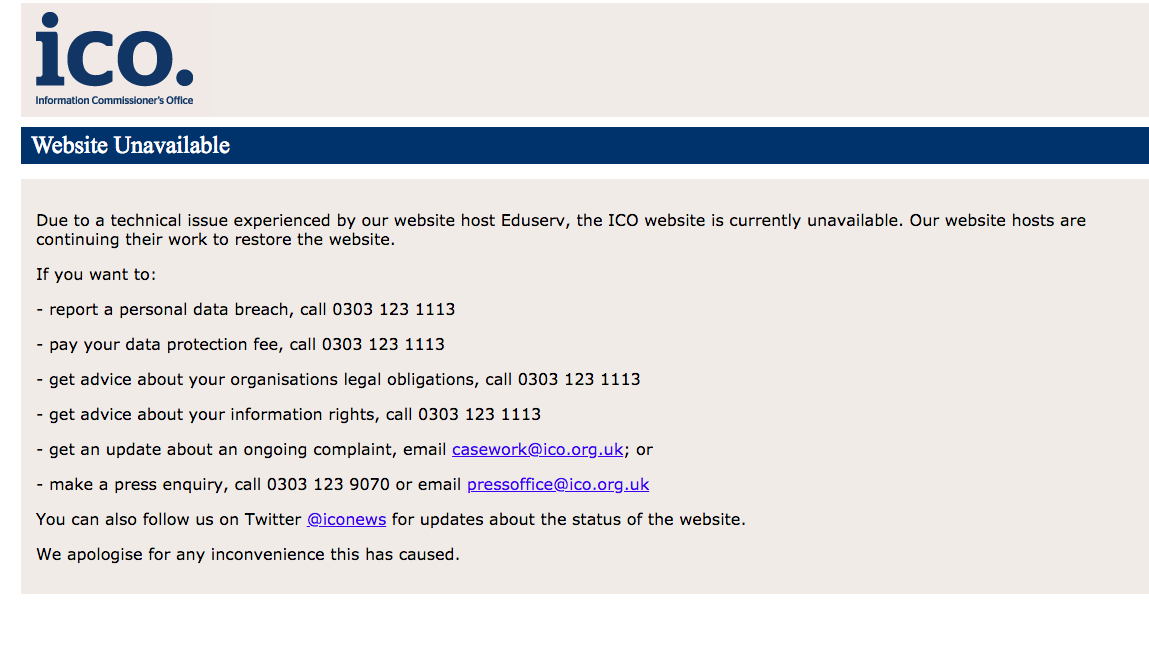Data watchdog finally gets new powers
Information Commissioner will be able to spot-check public organisations without warning and dole out fines – and he earns a pay raise.


The government's data watchdog is finally set to be given the ability to check data governance at public bodies without warning them first and the power to give out fines to those not up to scratch.
A series of over 270 data breaches over the past year has lead information commissioner Richard Thomas to repeatedly call for stronger powers for the Information Commissioner's Office (ICO). The proposed changes include the ability to fine both public and private bodies for deliberate or reckless loss of data, although the cost of such fines is not yet determined.
The ICO will also be able to enter any government organisation to check procedures without warning, but will need a warrant to view the data they hold.
Announcing the move, Justice Secretary Jack Straw said: "The changes we propose today will strengthen the information commissioner's ability to enforce the Data Protection Act and improve the transparency and accountability of organisations dealing with personal information. This is very important if we are to regain public confidence in the handling and sharing of personal information."
Straw added: "As new technologies have developed, the secure storage and careful sharing of personal information held by both the public and private sectors has become paramount. Strong regulation and clear guidance is essential if we are to ensure the effective protection of personal data."
The proposals will also see Thomas winning a pay raise from 98,000 to 140,000 and the ICO's funding structure change from its current flat rate notification fee to one based on the size of the organisation and the amount of work.
Giving the ICO more power was just one of the lessons we all should have learned from a year of data breaches - click here to find out the rest.
Sign up today and you will receive a free copy of our Future Focus 2025 report - the leading guidance on AI, cybersecurity and other IT challenges as per 700+ senior executives
Freelance journalist Nicole Kobie first started writing for ITPro in 2007, with bylines in New Scientist, Wired, PC Pro and many more.
Nicole the author of a book about the history of technology, The Long History of the Future.
-
 New Zealand privacy commissioner tipped to become next ICO head
New Zealand privacy commissioner tipped to become next ICO headNews John Edwards is said to be an 'anti-Facebook' regulator who would fit well in the UK's plans to clamp down on big tech
-
 What is a freedom of information (FOI) request?
What is a freedom of information (FOI) request?In-depth We look at the mechanism citizens can use to hold public bodies to account
-
 ICO hints at Facebook hypocrisy over data protection goals
ICO hints at Facebook hypocrisy over data protection goalsNews Elizabeth Denham asks Facebook to drop appeal after CEO's call for greater internet regulation
-
 ICO to investigate Google over GDPR violations
ICO to investigate Google over GDPR violationsNews UK Watchdog to liaise with other European regulators over 'forced consent' push by the tech giant
-
 ICO myth-busts on the flow of data post Brexit
ICO myth-busts on the flow of data post BrexitNews The Information Commissioner explains how data will move between the UK and EU in a no-deal scenario
-
 Leave.EU faces big fine over data law breaches
Leave.EU faces big fine over data law breachesNews Information commissioner reveals Leave.EU was fined a total of £75,000 for “serious breaches”
-
 ICO website knocked offline for more than 24 hours
ICO website knocked offline for more than 24 hoursNews The outage was caused by an “unprecedented electrical surge” that damaged its host’s circuits
-
 Elizabeth Denham appointed ICO boss
Elizabeth Denham appointed ICO bossNews Denham will be tasked with helping the UK leave the EU without any knock-on effects on privacy


